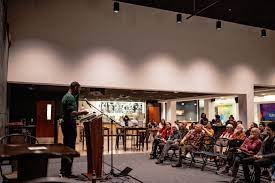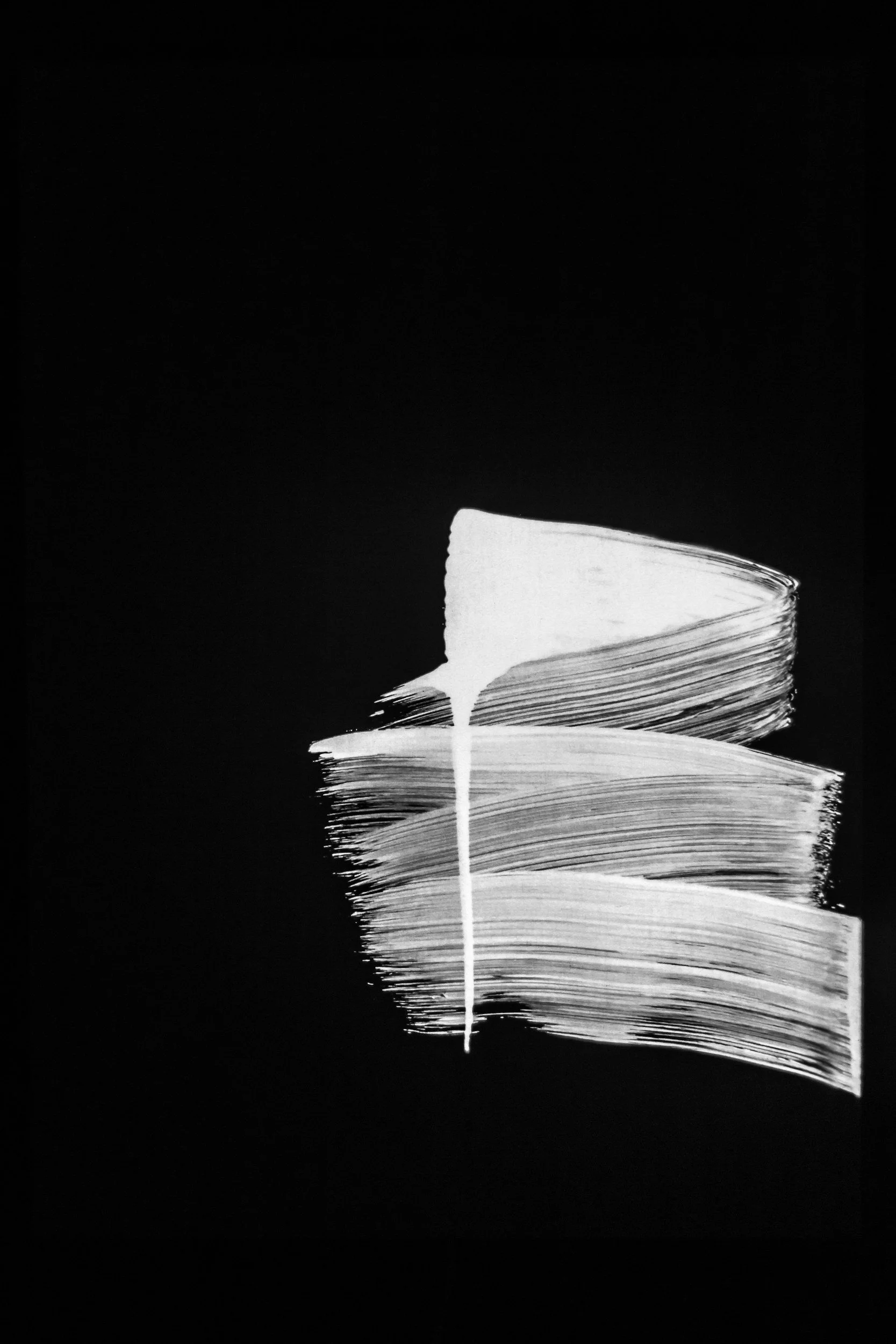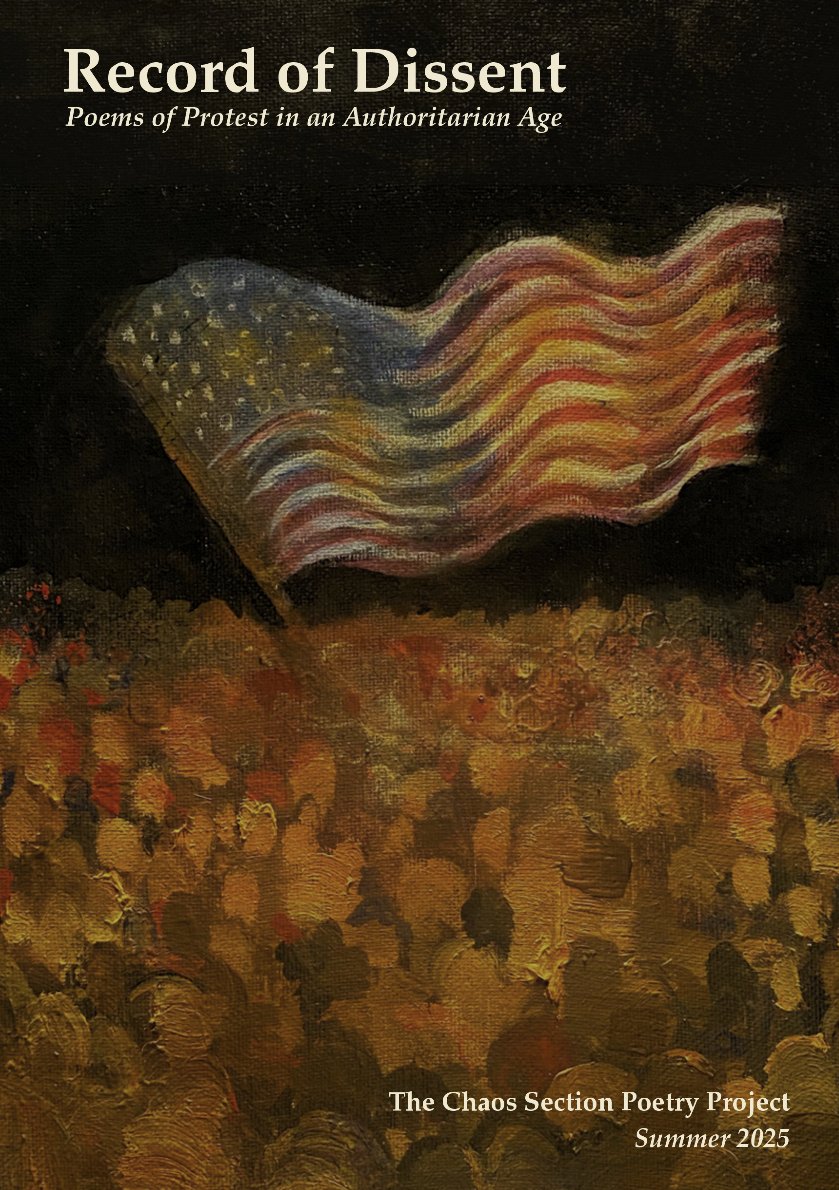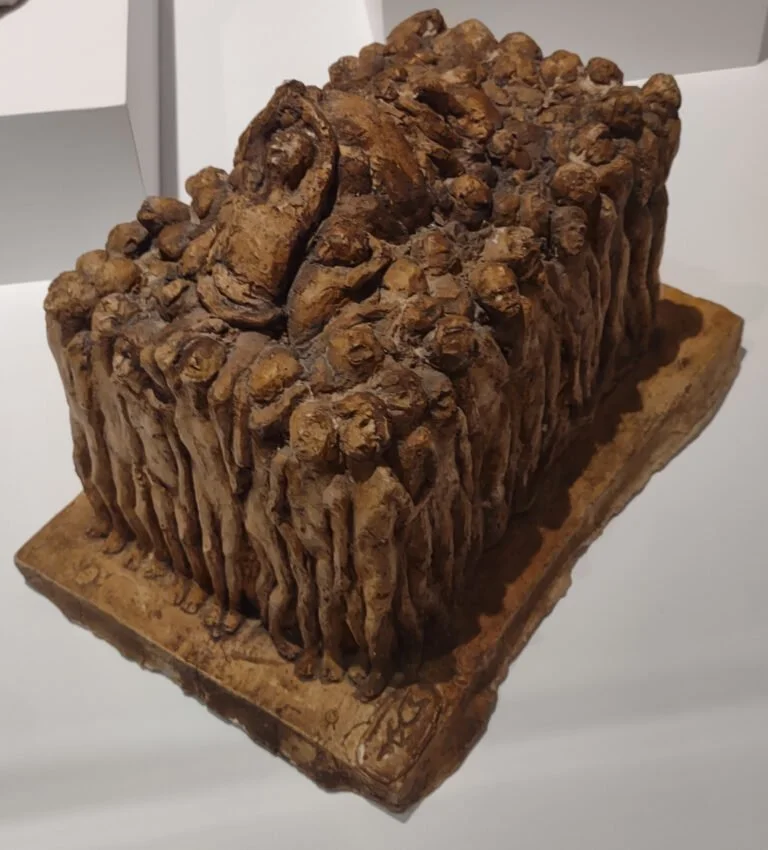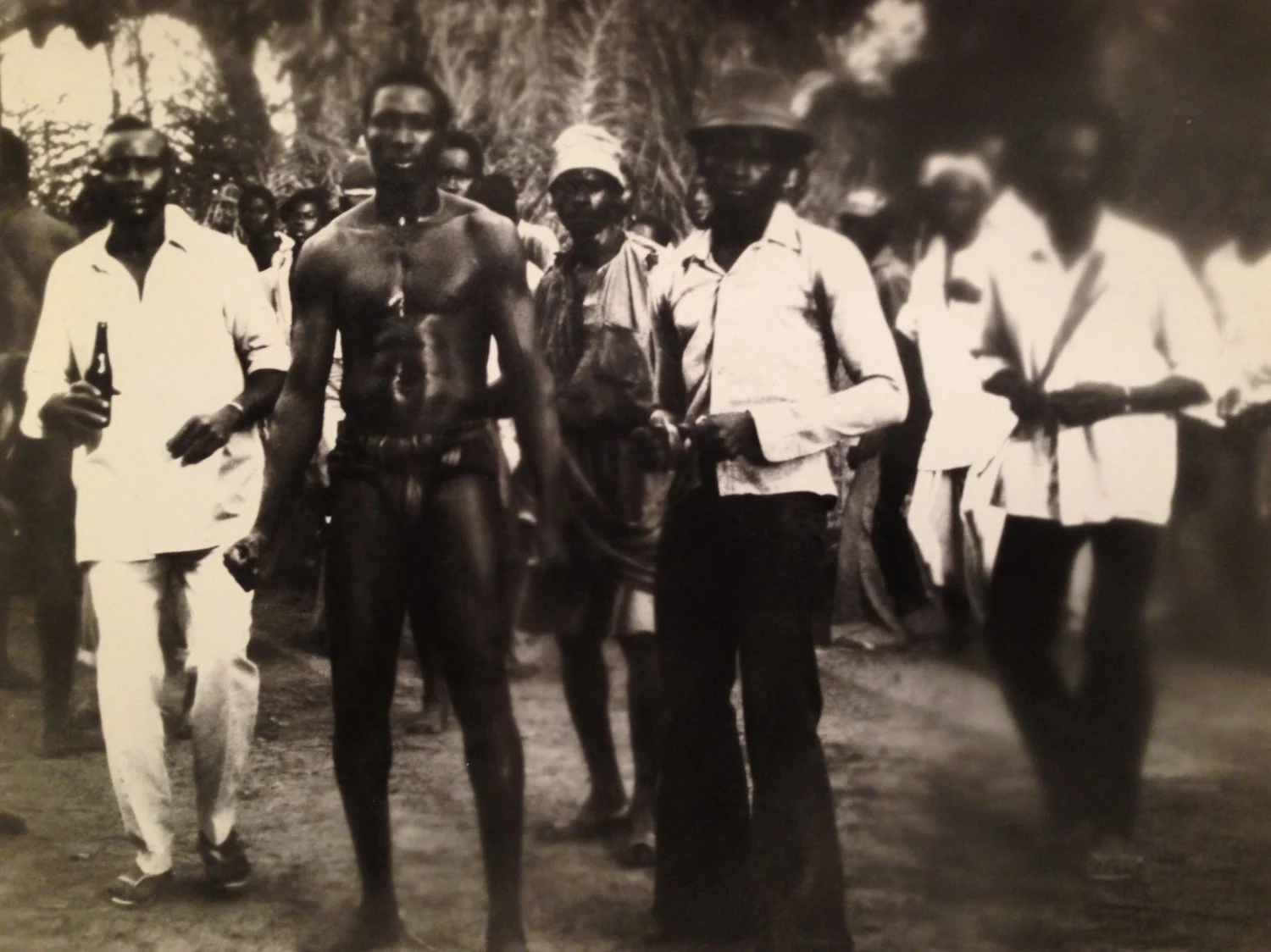Okonkwo returns to Umuofia
seven years was a long time to be away from one’s clan,
but he would return to his fatherland and fan his fame—
a bush-fire beneath the stiff harmattan wind. he had a plan:
reclaim his land, rebuild his compound, regain his titles and place
among the egwugwu. but Okonkwo was not prepared
for what he found. his motherland was good to him in exile,
kind. but Mbanta was not filled with warriors. they were weak.
how else could they fall from the grand, old ways—the bonds
of kinship—and allow an abominable religion to fester
like an un-lanced boil or an untreated bout of iba? his Umuofia
was feared by her neighbors, known for her power in war
and in magic. her priests and medicine men possessing
the most potent rites and fetishes, the shrine of agadi-nwayi
among them. thus Okonkwo could not believe Obierika’s reports
of home. but by the second market week back, he began to see
the truth. how his brothers strut across the village square
in white shirts and dusky trousers, abandoning the loincloth
and wrappers worn since the founder of the clan engaged a spirit
of the wild for seven days and nights. how his kinsmen drink
palm wine tapped in Umuru from glass bottles, their gourds
and skulls gathering dust on their obi walls. how titled men
allow themselves to be dragged by kotma to the white man’s court,
to be beaten by his perverted justice. how even some elders dance
to the rhythm of the white man’s religion, deaf to the ekwe
and ogene talking across villages, across the clan’s history.
how supposed men stride—hatted heads held high—to and from
their abomination, their church, in the Evil Forest, believing
their Jesu Kristi will save them from the wrath of Ekwensu and Ani,
Amadiora and Chukwu. it was easier when the converts were only
efulefu—sheaths taken into battle, machetes forgotten at home,
the excrement of the clan lapped up by this mad-dog faith. but now
even Ogbuefis have severed their anklets, become as agbala, to join
the Christians’ meager feast of their god-man’s murdered body.
something must be done. but surrounded by so many such as these…
as cold water poured on a roaring fire, he stifles a sorrow, a grief
he has not known since the last days of the son whose name will not
be remembered in the clan and the one who will. his fist aches,
reflexively clenching around the machete resting inside his obi door.
he will shake out his smoked raffia shirt, examine his feathered headgear
and shield to satisfaction. he turns for home as if on springs, heels
hardly touching the ground. as the elders say,
whenever you see a toad jumping in broad daylight,
know that something is after its life.
